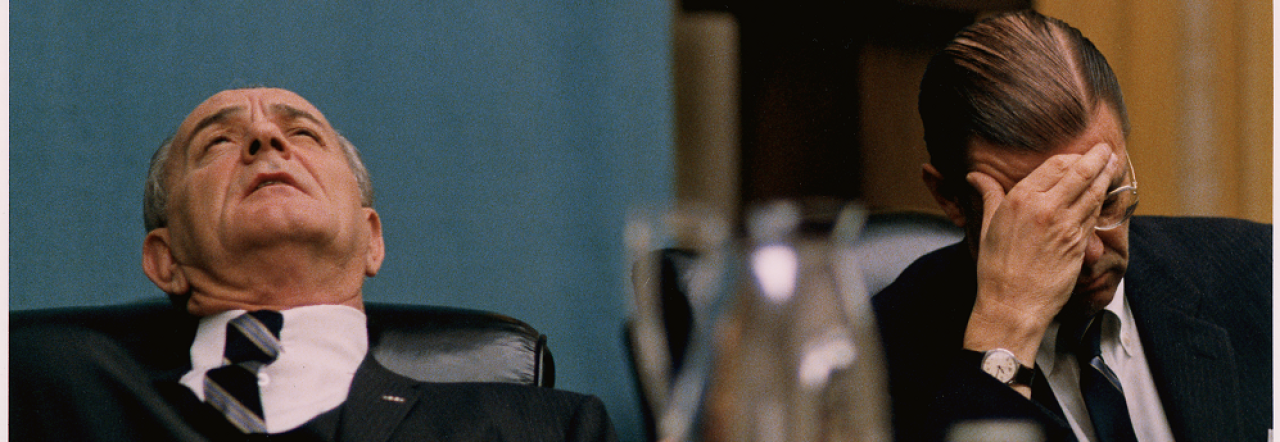In spite of the huge volume of written material that is produced each day on the presidential election, there are few brilliant and thoughtful pieces that allow for more insight on the race. One such article that really deserves your attention, and gets my high recommendation, is found in the current Newsweek dated June 23, 2008. It is this type of writing and analysis that makes Newsweek still a powerful weekly magazine. Evan Thomas, one of my favorites, hits a home run!
It may be true, as the saying goes, that leaders who ignore history are doomed to repeat it. But it’s also true that leaders who carelessly or heedlessly use historical analogies, who twist or hype the lessons of the past, may be destined to make even bigger mistakes than their predecessors. In modern American history, no metaphor has been more used—or abused—than “Munich.” The lesson of appeasement—that giving in to aggression just invites more aggression—has calcified into dogma. Neville Chamberlain’s name has become code for a weak-kneed, caviling politician, just as Winston Churchill has become the beau ideal of indomitable leadership. American politicians have gone to extraordinary lengths to be seen as Churchill, not Chamberlain, with results that have not always been in America’s best interests.
The words “Munich” and “appeasement” have been re-interjected into the 2008 political debate, courtesy of President George W. Bush, who still entertains dreams of a Churchillian legacy. Addressing the Knesset, Israel’s Parliament, during the 60th anniversary of Israel’s founding on May 15, Bush warned against “the false comfort of appeasement” when it comes to Iran and its loudmouthed President Mahmoud Ahmadinejad. Bush did not mention Barack Obama‘s name; nor did John McCainwhen he joined the chorus the next day. But Bush didn’t have to. “Yes, there have been appeasers in the past, and the president is exactly right, and one of them is Neville Chamberlain,” McCain told reporters. The journalists asked: did McCain think that Obama was an appeaser? McCain answered indirectly, but unsubtly, “I think Barack Obamaneeds to explain why he wants to sit down and talk with a man who is the head of a government that is a state sponsor of terror, that is responsible for the killing of brave young Americans, that wants to wipe Israel off the map and denies the Holocaust. That’s what I think Senator Obama ought to explain to the American people.”
Obama denies the entire premise of McCain’s challenge. In his eyes Ahmadinejad may be deplorable, but he’s no Hitler. Obama has pointed out that the president is not the real power in Iran, and that in fact Ahmadinejadmay no longer even be in office after elections scheduled for next summer. He knows that as a young Democrat he cannot afford to look weak on national security: a week after he first declared, during a debate, that he would negotiate withany world leader without preconditions, he emphasized that he would order strikes against known terrorist targets inside the borders of ally Pakistan (as the United States does now, with mixed results). McCain—and before him, Hillary Clinton—has mocked Obama’s stance on Iran as naive. But the critique didn’t work for Hillary, and Obama is betting it won’t in the general election, either: rather than trying to look tougher than McCain, Obama is going to argue that the familiar tropes—every dictator is Hitler, every negotiation is Munich—do not apply to the challenges facing the next president.
Technorati Tags: WinstonChurchill, Election08, EvanThomas

